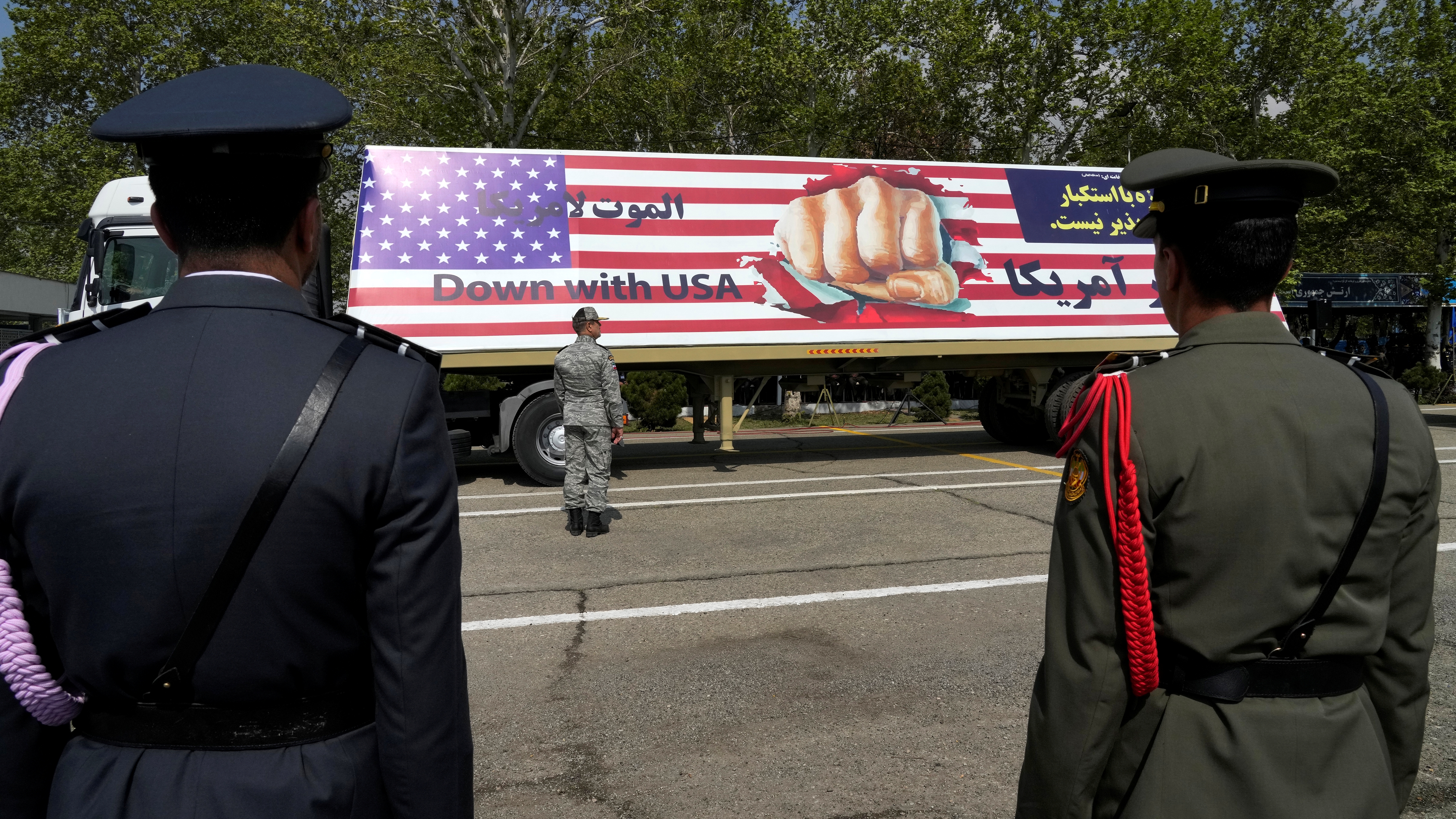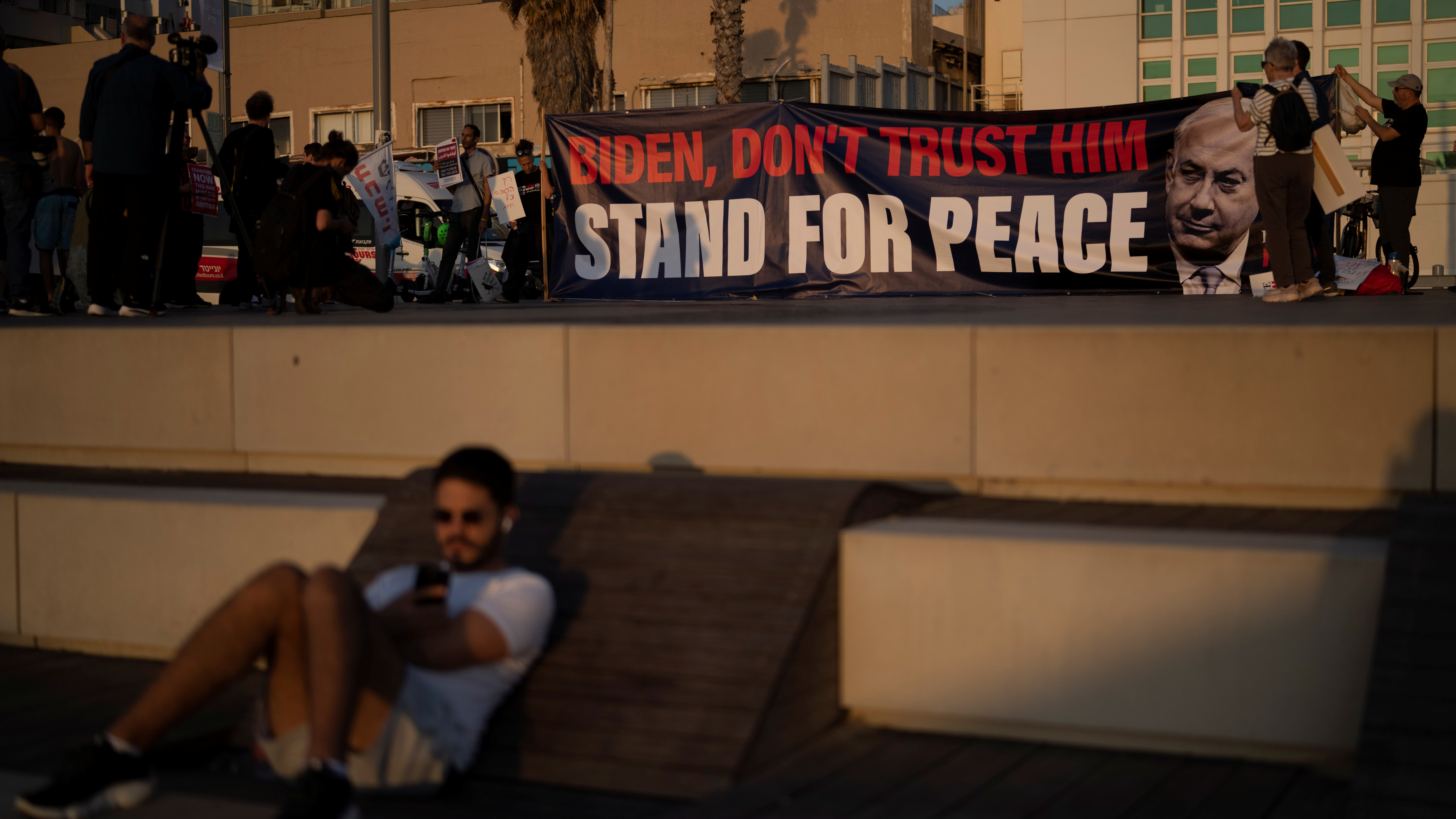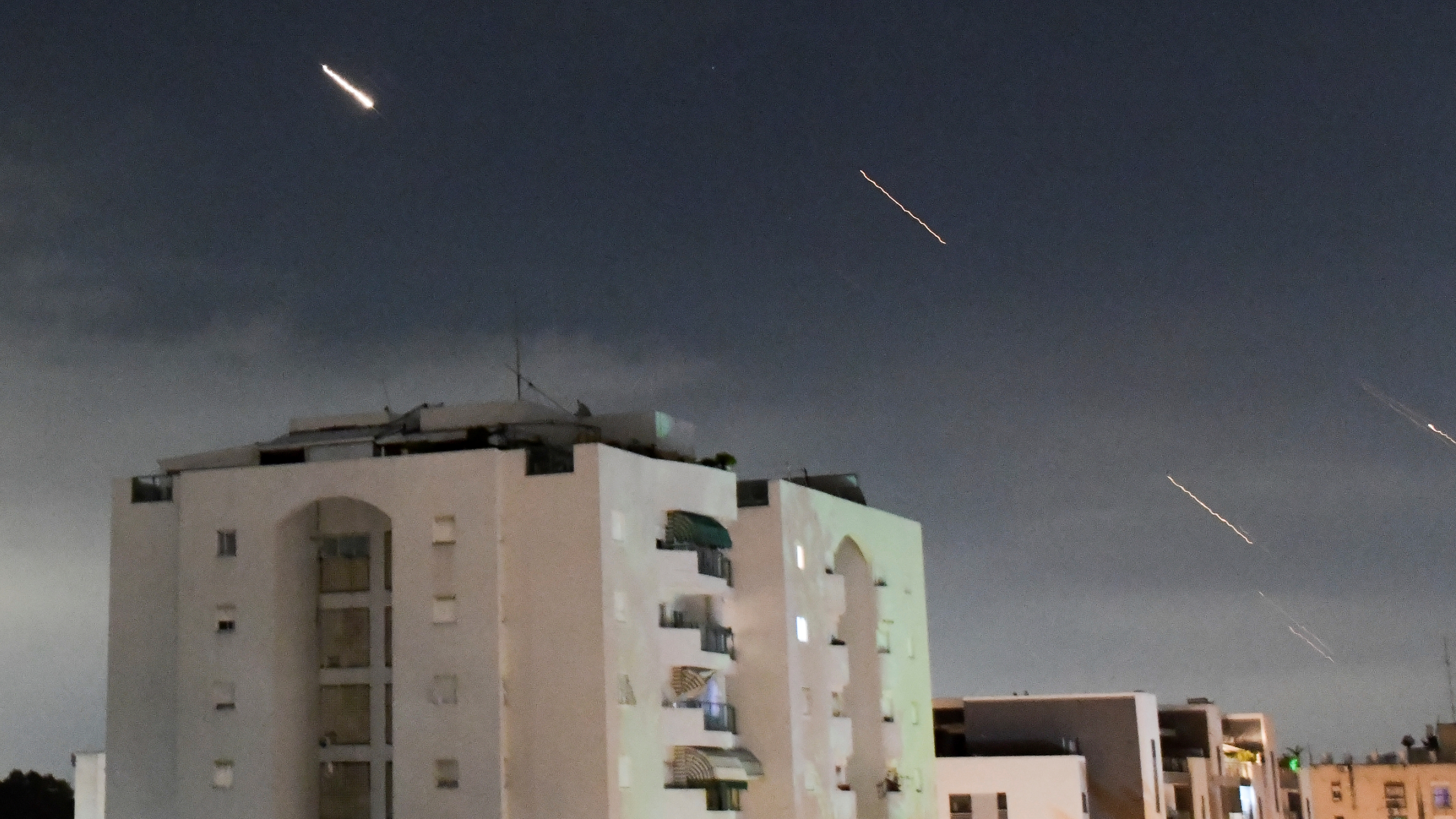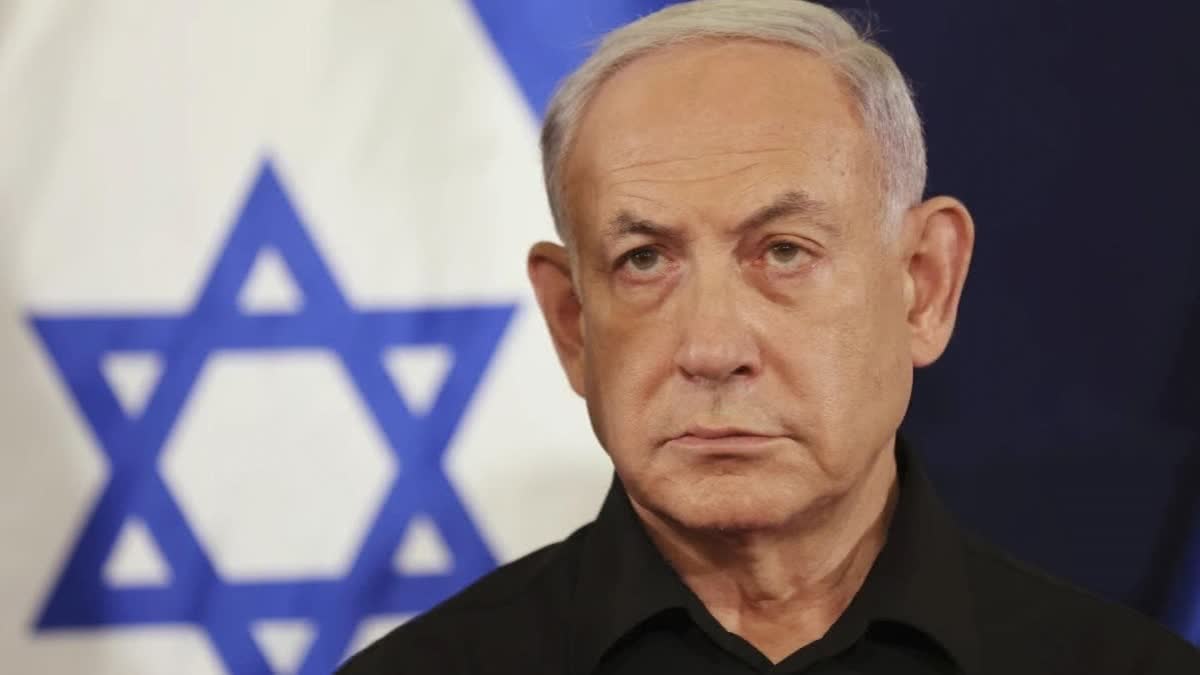New Delhi: When Iran fired off over 300 drones, cruise missiles and ballistic missiles targeting Israel last week in retaliation for the attack against its mission in Syria on April 1, the world was put on edge.
With the Russia-Ukraine going on in one part of the world and the Israel-Hamas war raging on in Gaza, a possible counter-response by Israel targeting Iran could have had catastrophic consequences. However, till the time of filing of this report, Israel has not. And in all probability, would not in the foreseeable future.
On April 1, an Israeli airstrike destroyed the Iranian consulate annex building adjacent to the Iranian embassy in Damascus, Syria, killing 16 people, including a senior Quds Force commander of the Islamic Revolutionary Guard Corps (IRGC), Brig. Gen. Mohammad Reza Zahedi, and seven other IRGC officers. Zahedi was the senior-most Iranian officer to be assassinated since the killing of Qasem Soleimani, the then chief of the Quds Force, an IRGC division primarily responsible for extraterritorial and clandestine military operations, in a US drone strike on Baghdad International Airport in January 2020.
Israel claimed that the building in Syria that was attacked was neither an Iranian consulate nor an embassy but a military building of the Quds Force “disguised as a civilian structure in Damascus”. Israel told the US that a retaliatory attack by Iran would prompt a robust response from Israel.
However, on April 13, the Iranian military launched an air attack, firing more than 300 standoff weapons at Israel, including at least 170 aerial drones, 30 cruise missiles, and 120 ballistic missiles. The attack, which constituted the largest single drone attack in history, claimed to be a failure by Israel but a success by Iran. Israel claimed that its air defences, buttressed by those of allies, destroyed almost all the incoming weapons before they could reach their targets.

Iran’s Warning and The US’ Conditions
Ahead of launching its aerial attack on Israel, Iran informed Turkey about its plan of action.
“Iran informed us in advance of what would happen,” a Turkish source was quoted as saying in a post on the X handle of the Clash Report. “The US conveyed to Iran through us that this reaction must be within certain limits.
In response, Iran said the reaction would be a response to Israel’s attack on its embassy in Damascus and that it would not go beyond this.”
According to the Clash Report post, US Central Intelligence Agency (CIA) Director William Burns asked Turkish National Intelligence Organisation (MIT) chief Ibrahim Kalin to mediate between Iran and Israel.
Biden’s Call to Netanyahu Post-Iranian Attack
American news website Axios quoted a White House official as saying that US President Joe Biden told Israeli Prime Minister Benjamin Netanyahu during a telephonic call on April 13 that the US won’t support any Israeli counterattack against Iran.
“You got a win. Take the win,” Biden told Netanyahu, according to the official.
The official, according to the Axios report, said that when Biden told Netanyahu that the US will not participate in any offensive operations against Iran and will not support such operations, Netanyahu said he understood.
“I told him (Netanyahu) that Israel demonstrated a remarkable capacity to defend against and defeat even unprecedented attacks – sending a clear message to its foes that they cannot effectively threaten the security of Israel,” Biden said in a statement issued after his conversation with the Israeli Prime Minister.

Why US Held Back Support to Israel This Time
“Being an ally doesn’t mean that you support it all the time,” Harsh V Pant, Professor of International Relations with King’s India Institute at King’s College London and Vice-President (Studies and Foreign Policy) at the Observer Research Foundation think tank, told ETV Bharat.
“The US wants to keep a lid on escalation of the conflict,” Pant said. “There are latent nuclear capabilities in the region.”
He said that the Russia-Ukraine war is also a factor here. “The US does not want wars on multiple fronts,” Pant explained. “This is an election year. There is a domestic political context too.”
He further stated that there are concerns among other allies of the US as well. “For India also it is a matter of concern. Escalation of the conflict might create an energy crisis at a time when the global economy is not doing well,” Pant said.

What Israel is Likely to do Next
“Most analysts say that Israel will retaliate,” S Samuel C Rajiv, Associate Fellow at the Manohar Parrikar Institute of Defence Studies and Analysis and an expert on West Asia, told ETV Bharat.
“They can do selective targeting of Iranian nationals or assets or proxies either inside Iran or in other countries like Lebanon or Syria,” Rajiv said.
He explained that Israel swears by establishing deterrents vis-à-vis Iran.
“This essentially means that Israel wants to send the message that it has the upper hand when it comes to any confrontation with any inimical powers in the region,” Rajiv said.



